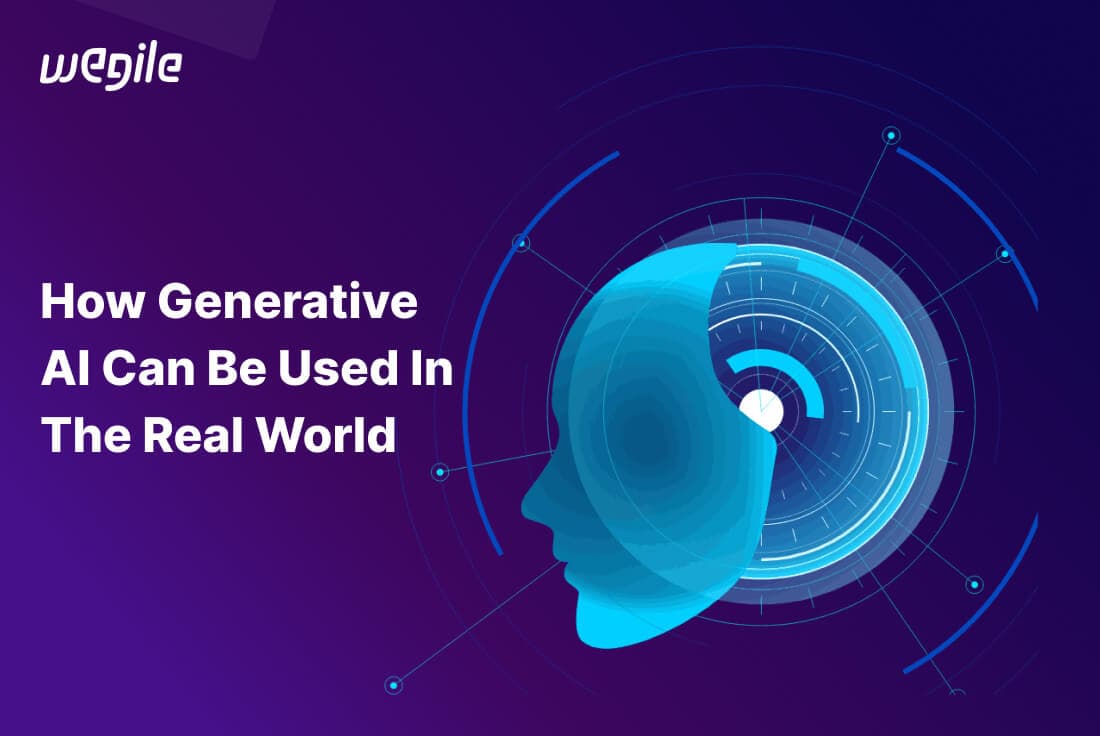Insights/ Generative AI
By: Himani Juneja | 12 Min Read |
Published: June 13, 2024 | Updated: January 15, 2026

MOHALI
E41 Industrial Area, Phase 8, Mohali - INDIA 160071
Pune
813, Global Business Hub, Near WTC, Kharadi, Pune, Maharashtra 411014
New York
1270 Avenue of the Americas 7th Floor New York, NY, US 10020
MOHALI